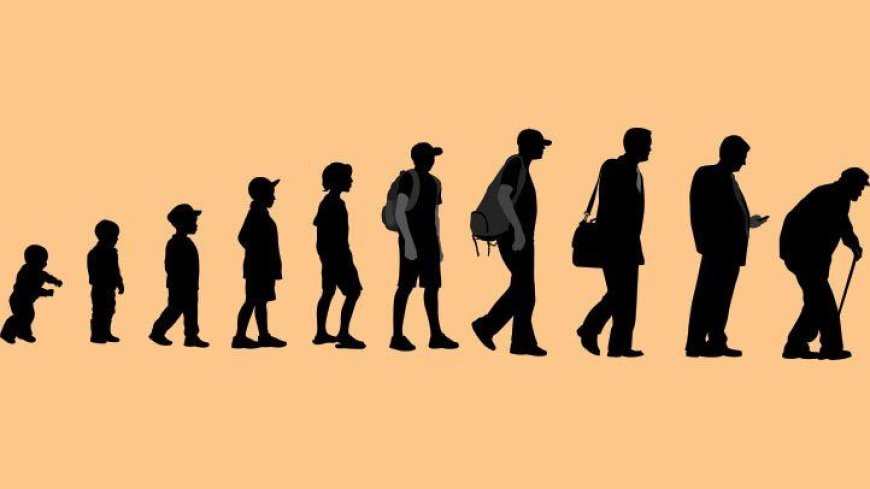Life expectancy: 14,000 more deaths in rural areas than in cities each year
Life expectancy: 14,000 more deaths in rural areas than in cities each year

If your child is born in a rural area, their life expectancy is shorter than if they were born in town. If this observation has already been recalled over and over again by the Association of rural mayors of France, which desperately calls on the public authorities to action, new figures unveiled this Thursday exclusively by France Bleu come to support it. Thus, according to this new part of its study on health in rural areas, the AMRF reveals an excess mortality in rural areas of 14,216 deaths each year, compared to what one would expect if life expectancy were identical to that cities.
The gaps are getting worse
Over the last 30 years, the study notes a worsening of the gaps in life expectancy between rural departments and urban departments, to reach almost two years less life expectancy for men and one year for women. Whereas in 1990, the difference was almost nil. "The most surprising is the extreme regularity of the link between types of departments and life expectancy", notes the study.
To obtain a finer appreciation of mortality, at the infra-departmental level, the study establishes a "comparative mortality indicator", with a score for each living area. This indicator thus makes it possible to establish a map of "deviations from average mortality". Result: "what strikes first" is "a regional geography", with greater differences in the north and east, the center or the tip of Brittany, as well as in the territories beyond -sea.
But on closer inspection, the study points out, other inequalities appear: an opposition between the prefectures and the rest of the department, in particular. Or even “edge effects”: “The most significant excess mortality areas are located at the limits of the departments and very often at the margins of the regions straddling two or three departments. These territories are like neglected by the territorial organization” , criticizes the AMRF, which emphasizes that "the centralization of care has deleterious effects which contribute to the abandonment of peripheral territories".
Four concrete proposals
Faced with these findings, the Association of Rural Mayors of France recalls "the importance of proximity in the organization of the health service". She calls for a "refoundation of health democracy". For this, it brought together 35 networks of health professionals and elected officials, such as Rural Families or Macif, in order to present proposals for concrete solutions.
Four proposals received consensus:
Make it compulsory to diversify the places of internships for health students, and to do so give them the means, in particular by developing territorial accommodation for health students and transport aid;
Set up and develop Escap: care teams coordinated around the patient, thanks for example to remote expertise in teleconsultation;
Better distribute health professionals, in particular by creating a one-stop support service which centralizes, at the level of each department, territorial needs, financial aid, administrative support and information relating to the professional's family life.
They also plead for "developing new ways of practicing that can provide the population with rapid and local care".













































